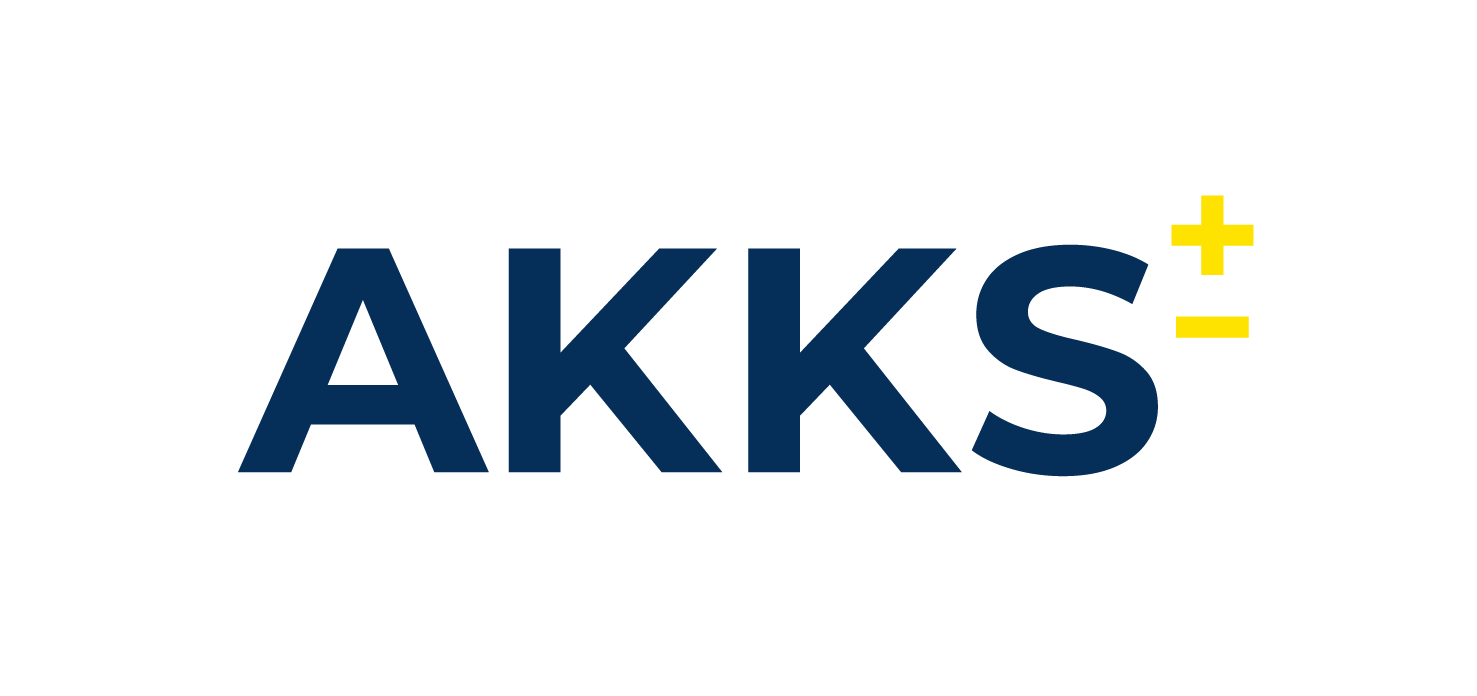If you’re a limited company and run your own business from home, HMRC allows you to claim tax relief for some of your home expenses and broadly speaking there are three ways of working out your home office expenses.
The simplest way to calculate your working from home office expenses for Limited Companies is to use HMRC’s published allowance for the additional costs of running your business from home. You do not need receipts to prove your expenses and you can claim:
- Per week £6 and annual allowance £312 for the 2020/21 (the figure for 2019/20 was £4 a week or £208 per year)
You might be able to rent your personal workspace in your home to your limited company and you’ll need to set up a rental agreement between you (as the homeowner) and your limited company. If you do not have this formal agreement in place then you run the risk of HMRC classifying the rent you receive from your limited company as additional salary from limited company, which would be subject to Tax and NI.
When you prepare your rental agreement, bear in mind followings:
- The amount of rent needs to be realistic in terms of commercial value and must be on an ‘arm’s length’ basis. This means that neither party should be disadvantaged by the agreement. So you cannot calculate an amount of rent designed to benefit you as the individual owning your home or to affect the profitability of your limited company
- If you have a rental agreement or a mortgage, are you permitted to use your home for business purpose
- Small chance that your property may become liable for business rates.
- You should have a room dedicated to your business
- A formal rental agreement must be in place and signed on behalf of both parties
- You should consider periodic reviews of the amount of rent paid (for instance an annual review).
You can claim a proportion for allowable expenses (gas, electricity and metered water) incurred and you must be able to justify any claims you make.
Unlike the rules which exist for sole traders, you can only claim for the incremental costs incurred as a result of working from home.
Meaning you can not claim for costs you would have borne anyway (Council tax, Rent and Mortgage interest) or any costs deemed to have a duality of purpose (Broadband and telephone) i.e. things which have both a personal and business use – but cannot be separated.
Phone and Internet – In order for expenses to fall within the “wholly and exclusively” rules, they must be purchased in the name of your limited company or your bills can demonstrate specific amounts incurred purely for business.
Summary
The key question to ask yourself at every stage is: are these expenses genuinely for business purposes? And can I prove it?
All AKKS clients get unlimited access to a team of small business accountants who can offcourse answer all the questions you may have.

